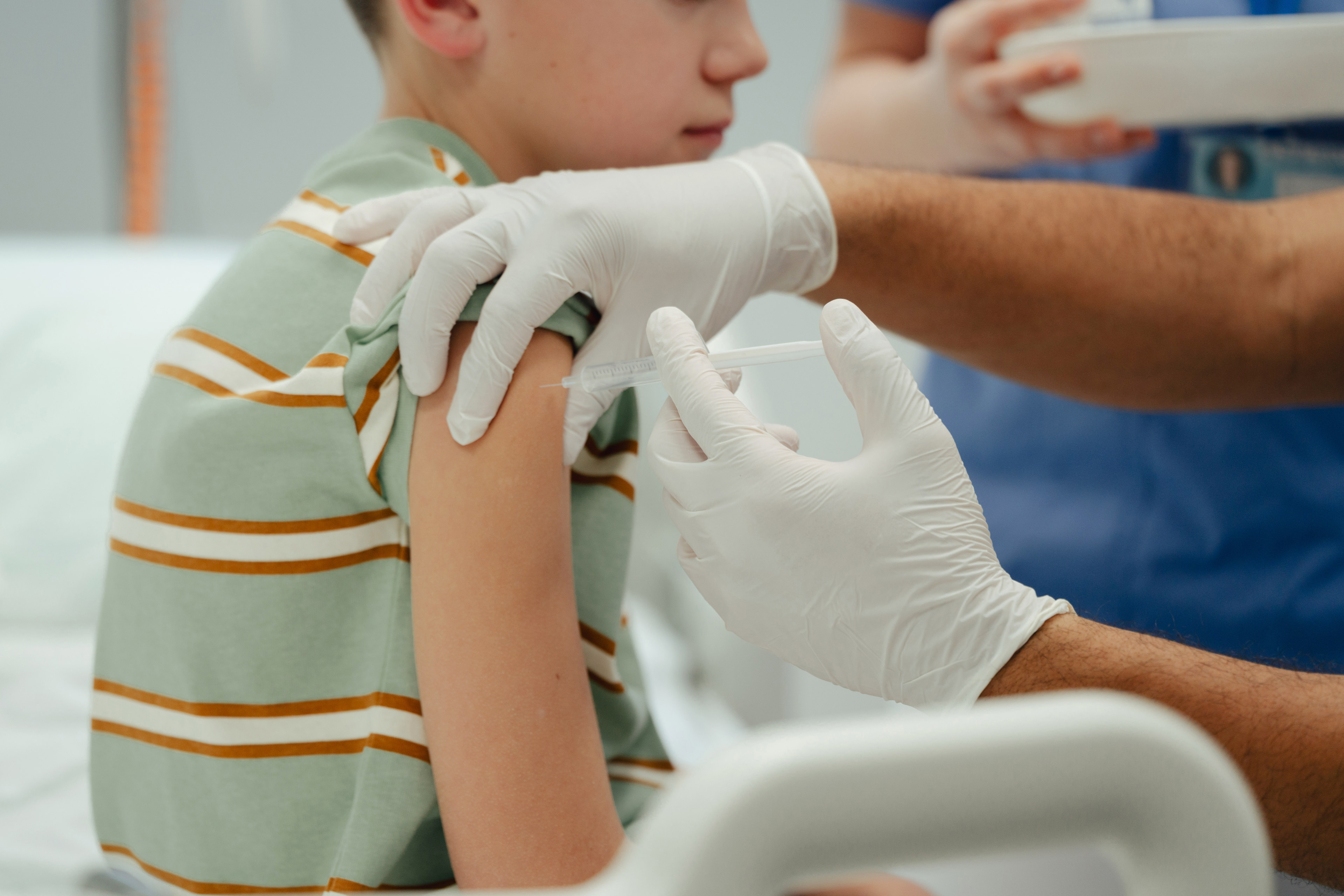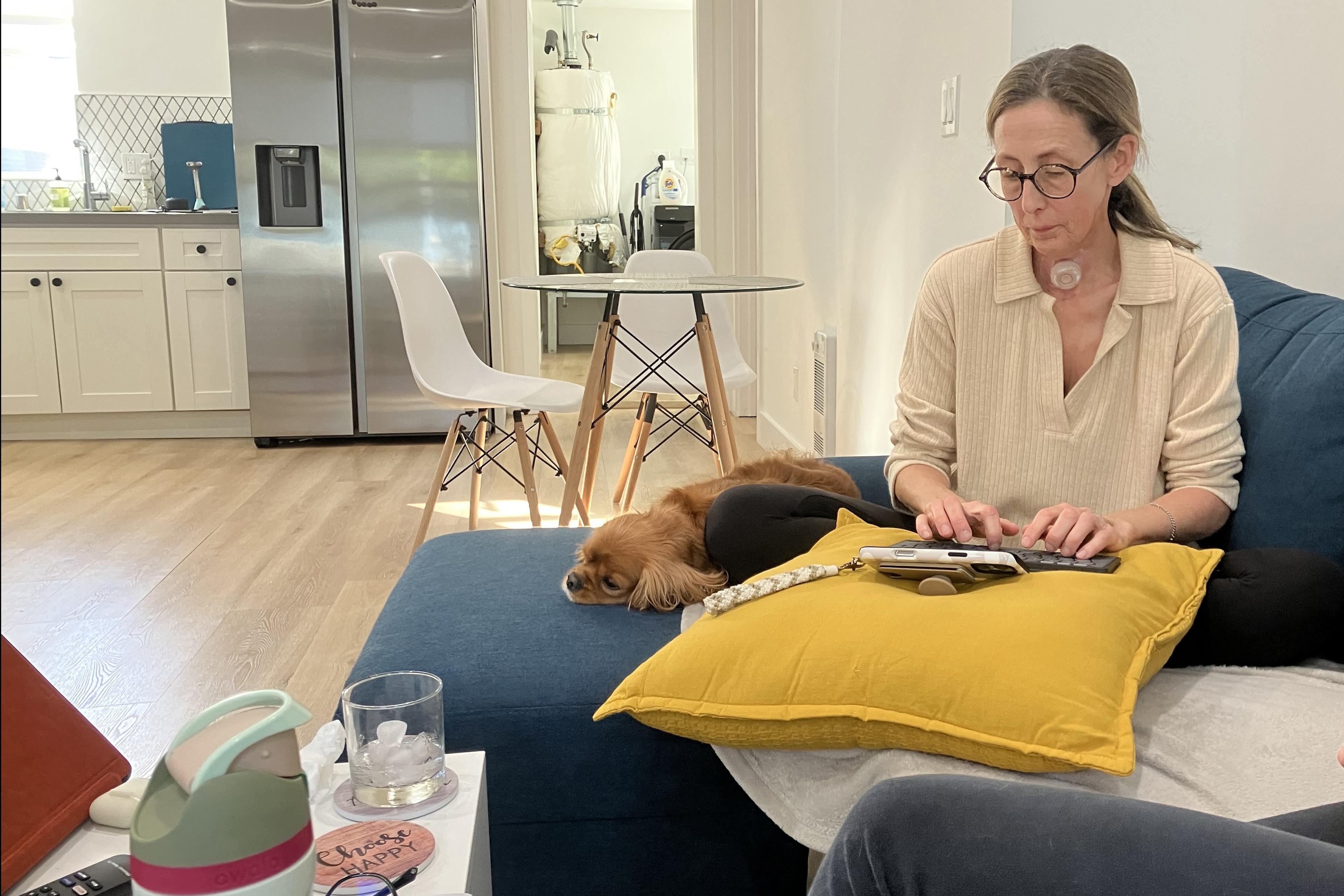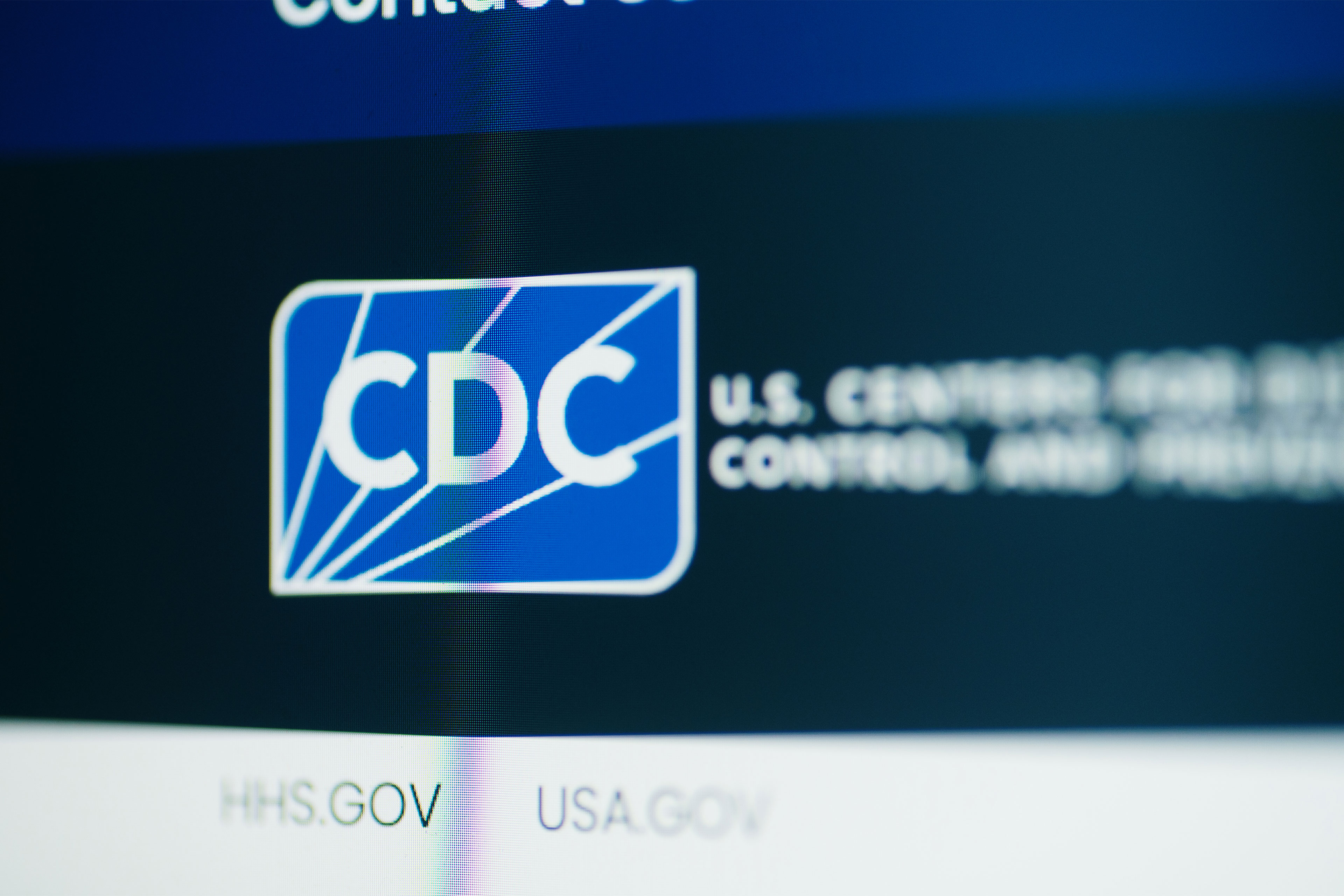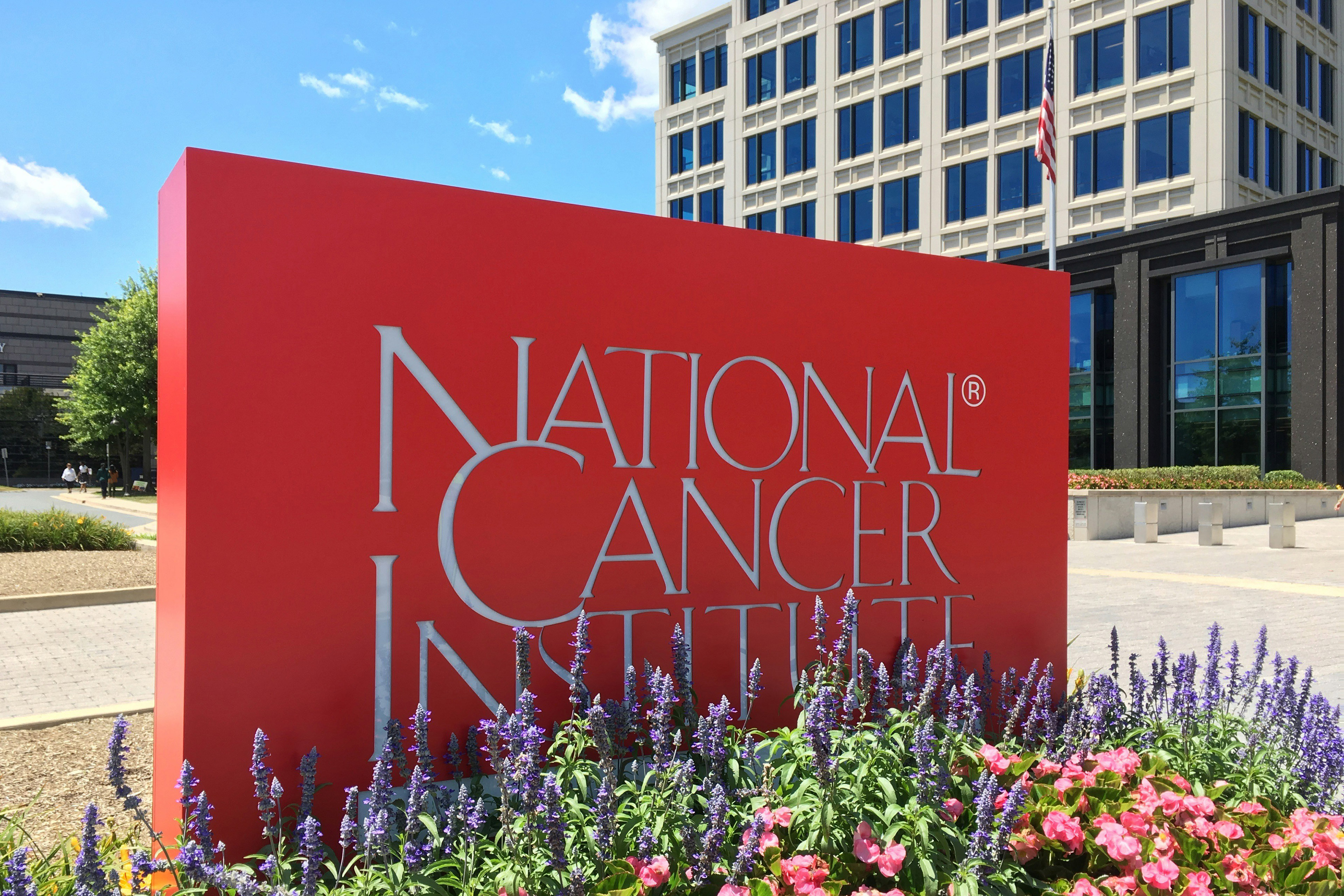While most industries debate the theoretical potential of AI agents, healthcare has quietly deployed the technology at a massive scale—at least in one area that impacts all the rest: hiring.
In December 2023, Incredible Health became the first platform in the healthcare industry to integrate artificial intelligence into the hiring process. While other sectors theorized about AI’s potential, Incredible Health was already implementing it across a network serving over one million healthcare professionals.
Their latest developments—Gale and Lyn—represent a technical leap into AI voice agents. Processing interactions across 1,500 healthcare facilities and over one million users, these systems demonstrate how proprietary data enables breakthrough AI capabilities that competitors cannot replicate.
Building AI agents for healthcare hiring required solving problems that generic AI tools cannot address. Healthcare roles involve specialized knowledge spanning clinical competencies, regulatory requirements, and institutional variations that general-purpose language models struggle to navigate. Incredible Health’s advantage came from seven years of healthcare-specific data—millions of career transitions, successful placements, and hiring interactions that competitors cannot replicate. This dataset enabled training that distinguishes between medical specialties with precision: understanding why ICU experience differs from med-surg background, recognizing OR credential requirements, and evaluating ambulatory care qualifications.
Rather than creating a single multipurpose system, Incredible Health built two specialized agents optimized for different functions. Gale’s architecture analyzes uploaded resumes to extract licenses, clinical roles, and specialties with healthcare-specific accuracy. Its voice-enabled interview preparation conducts practice sessions with clinical questions tailored to each user’s background, then generates performance scorecards—a technical achievement requiring natural language processing trained specifically on healthcare scenarios.
Lyn operates as a continuous candidate screening system for employers, conducting voice interviews and verifying credentials around the clock. This eliminates scheduling bottlenecks while maintaining consistency across hundreds of interactions—solving both technical and operational challenges simultaneously.
The technical development of Lyn involved direct partnerships with Johns Hopkins, NYPresbyterian, Baylor Scott & White Health, and Sutter Health. These health systems shared proprietary hiring data and operational requirements rather than simply adopting finished products. This collaboration provided real-world validation that theoretical development cannot achieve. The AI agents processed actual hiring scenarios while development teams refined algorithms based on live performance data, creating solutions tested under genuine operational pressure.
The deployed systems demonstrate measurable technical success. Gale achieves 90% positive user ratings, while Lyn generates 20% increases in nurse interview acceptance rates. The platform reduces hiring timelines from the 86-day industry average to under 20 days. With over one million users generating continuous interaction data, the agents benefit from network effects that improve accuracy through machine learning iterations.
Building effective healthcare AI agents requires sophisticated natural language processing, massive specialized datasets, and extensive industry validation. Healthcare hiring involves regulatory compliance, credentialing verification, and specialized skill assessment that demand domain-specific capabilities.
Agents must navigate state licensing variations, specialty certifications, and institutional compliance while maintaining accuracy—specialized training that generic tools lack. Unlike consumer applications, professional AI agents must maintain accuracy while handling complex decisions affecting career outcomes and organizational performance. The agents’ ability to conduct meaningful voice interactions while processing technical assessments suggests broader applications for professional services AI. As these systems process more interactions, machine learning capabilities should continue improving performance.
For the broader technology landscape, Incredible Health’s progression from algorithms and marketplace dynamics to sophisticated voice agents demonstrates how specialized development creates competitive advantages in complex professional domains. The healthcare industry’s acceptance of AI agents for hiring decisions may accelerate adoption in operational areas across healthcare and related industries. This represents more than incremental improvement—it’s architectural proof that domain-specific AI can solve real-world professional challenges at scale.











